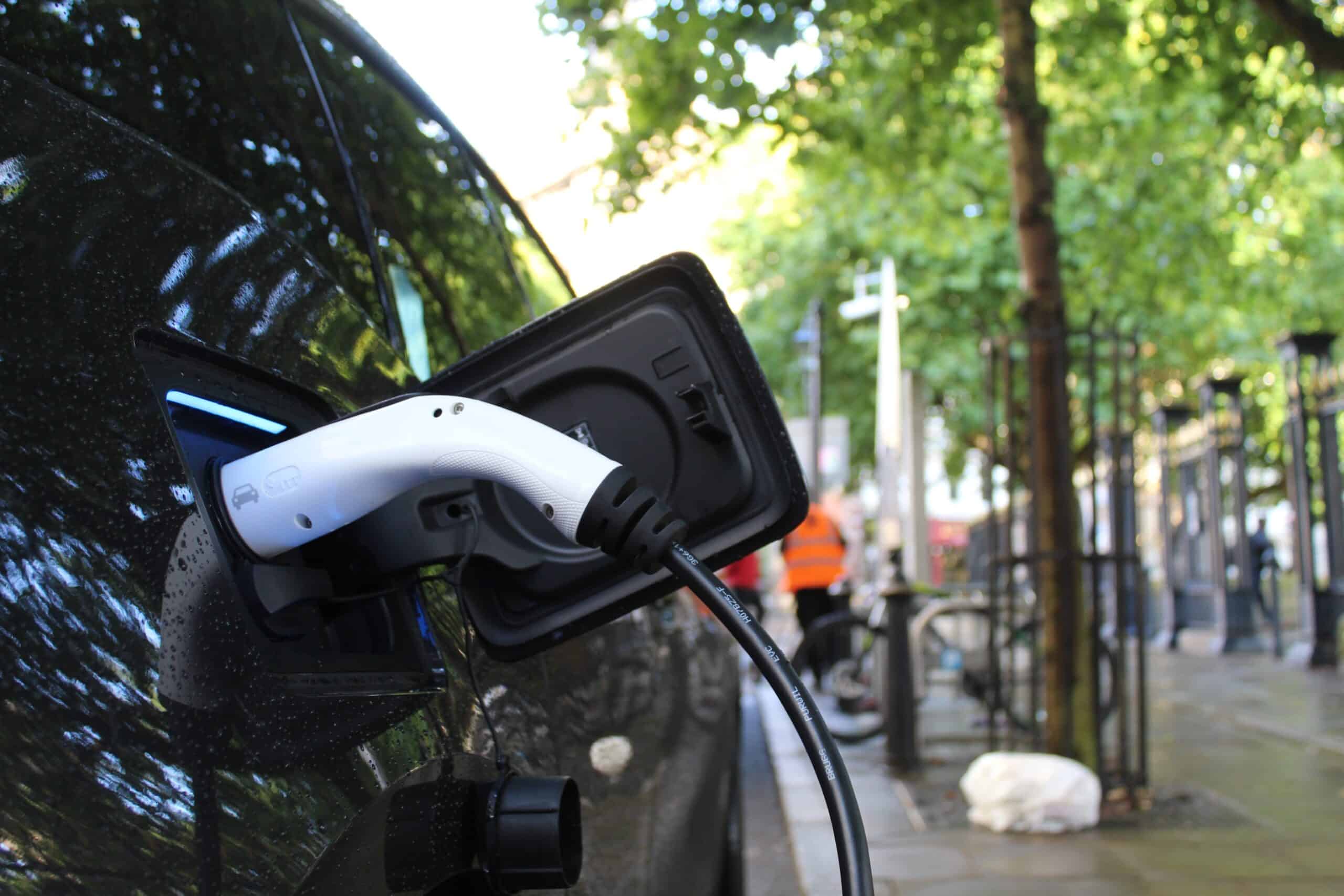EV charging infrastructure. Big demand – little clarity
While there are many CPOs and OEMs with great tech products to tackle the charge point deficit, the huge commercial risks leave them hesitant. But that doesn’t have to be the case, says Tharsus’ Michael Anderson.
With an estimated 450,000 new EVs set to hit the UK’s roads this year (SMMT) the gap between EV use and a robust charging infrastructure becomes ever wider.
It’s clear why Charge Point Operators (CPOs) and Original Equipment Manufacturers (OEMs) are hesitant to scale to close the gap. The sheer numbers are vast. We need new charge points at a rate equivalent to 100 per day every day from now until 2030. That’s a lot of hardware. And so a lot of upfront cost. And that’s before you get to the infrastructure costs of installing them. Add to this further complexity thrown up by the market need for a range of different types of charge points and the risks to those contemplating scaling their product are frankly scary.
Rapid or on-street EV charging infrastructure
When it comes to charging EVs, consumers need a range of products. While some people are willing to pay a premium for ultra-rapid charges, many road users are happy to accept a slower, cheaper charge to save money. The challenge for CPOs right now is investing in the right combination of charging options to meet consumer needs. One of the main costs associated with EV charging is the cost of the charging infrastructure itself. Installing EV charging stations can be expensive, especially if they are located in remote or difficult-to-access areas.
Currently the UK Government is rolling out a number of initiatives to encourage the delivery of EV infrastructure, including streamlining the planning process and improving the supply of utilities needed for electric charging points. It’s also supporting local authorities to subsidise deployments through the LEVI pilot scheme. However, the economic case for on-street infrastructure, which is vital for improving EV uptake, faces a number of steep challenges, such as uncertainty around user data and utilisation levels. In short, you can’t roll infrastructure out if you don’t know where it’s needed.
While cash initiatives such as the Electric Vehicle Homecharge Scheme, which provides grants for installing home charging points will help, the commercial case for CPOs to scale still doesn’t stack up. There’s too much uncertainty around the fundamental needs of the market. You can’t supply demand if you don’t know what that demand is.
Add to which, many investors are cautious about making a large investment in a product that relies, even partially, on government backing. When it comes to the commercial case, any charging infrastructure, whether rapid or on-street, is viewed as a long-term investment. The product, therefore, has to be sustainable for the long term from an investment perspective. If the future is unclear, then it’s impossible to take a long-term view.
Calculating demand for an EV charging infrastructure
Despite these challenges, there is a market. And a big one too. Deloitte is projecting a compound annual growth rate of 29 per cent achieved over the next ten years. Against this backdrop, the companies that can overcome the challenges to accurately identify demand and scale the fastest and most effectively are most likely to win the market. Because electricity is on the cusp of becoming the mainstream mode of powering road vehicles, fast-moving companies have the opportunity to win significant early market share through volume.
And manufacturing is exactly where we can help. Both in terms of supporting you with physical product delivery and convening and building the eco system of stakeholders which can enable your product’s success.
Solve. Scale. Supply
Here at Tharsus, our unique Solve Scale Supply service offer can help you to do this. We’ve the multi-disciplinary team under one roof who can Solve technical problems and make your product even more effective, Scale it to meet the demand- and demand fluctuations-of your market and create a stable and sustainable Supply chain to keep manufacture reliable and repeatable.
It’s this which has seen us become the manufacturing partner of choice for business of all sizes across numerous sectors, including US business FreeWire, whom we’re supporting with delivery of their ESS- based EV chargers to their UK customer, BP Pulse.
Building collaboration which goes beyond your product
We know through long experience, that successful roll out of first of kind products at scale into completely new markets goes way beyond getting the manufacturing right. In this sector, we see success as a close collaboration between a range of relevant stakeholders, from central and local government, utilities, EV manufacturers to retailers to bring the clarity the sector needs to gain long term vision and have confidence to scale.
If you’d like to discuss how we can work with you and win significant early market share then we would love to arrange a chat.

